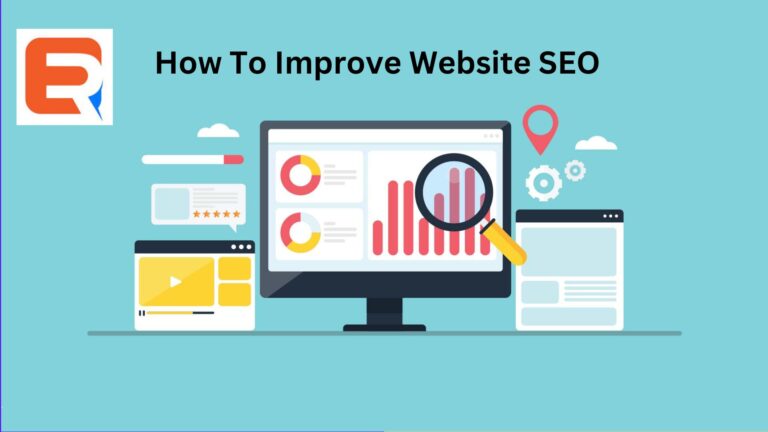Discover powerful strategies to improve your website’s SEO and increase online visibility. Explore techniques such as optimizing content, improving site speed, enhancing user experience, and building high-quality backlinks. Implement these SEO practices to boost your website’s rankings, attract more organic traffic, and achieve greater online success.
In today’s competitive digital landscape, search engine optimization (SEO) plays a crucial role in driving organic traffic to your website. Implementing effective SEO strategies can significantly improve your website’s visibility in search engine results pages (SERPs) and attract more relevant visitors. In this article, we will explore key tactics and best practices to enhance your website’s SEO, ultimately helping you reach a wider audience and achieve better online success.
Keyword Research and Optimization :
Keywords are the foundation of SEO. Start by conducting thorough keyword research to identify relevant terms and phrases that your target audience uses when searching for information related to your website’s content. Use keyword research tools to analyze search volumes, competition, and user intent.
Once you’ve identified the primary and secondary keywords, optimize your website’s content accordingly. Incorporate these keywords naturally into your page titles, headings, meta descriptions, and throughout the body content. However, avoid keyword stuffing, as it can negatively impact user experience and search rankings.
High-Quality and Engaging Content :
Creating high-quality, informative, and engaging content is vital for SEO success. Search engines value fresh and original content that provides value to users. Develop a content strategy that focuses on your target audience’s needs and interests.
Produce well-researched articles, blog posts, videos, infographics, and other content formats that answer common questions, offer solutions, or provide valuable insights. Ensure your content is well-structured, easy to read, and includes relevant internal and external links to reputable sources.
On-Page Optimization :
Optimizing on-page elements is crucial for SEO. Start by optimizing your website’s meta tags, including the title tag, meta description, and meta keywords. Use descriptive and compelling language that accurately represents your content and encourages users to click.
Additionally, optimize your URLs, making them concise, descriptive, and keyword-rich. Use header tags (H1, H2, H3) to structure your content and make it more scannable for both users and search engines. Incorporate multimedia elements like images and videos, optimizing them with descriptive file names and alt tags.
Mobile-Friendliness and Responsive Design :
With the increasing use of mobile devices, having a mobile-friendly website is paramount. Optimize your website for mobile by implementing a responsive design that adapts seamlessly to different screen sizes. Ensure fast page loading times, intuitive navigation, and easy-to-click buttons to enhance the user experience on mobile devices.
Technical SEO and Site Performance :
Technical SEO aspects directly impact your website’s visibility. Optimize your website’s crawl ability by creating a well-structured XML sitemap and submitting it to search engines. Ensure your website has clean and search engine-friendly URLs.
Improve site speed by compressing images, minifying code, and leveraging browser caching. Implement HTTPS security to protect user data and improve trustworthiness.
Conclusion :
By implementing these SEO strategies, you can enhance your website’s visibility, attract more organic traffic, and improve your online presence. Remember, SEO is an ongoing process that requires continuous monitoring, optimization, and adaptation to stay ahead in the digital realm.




